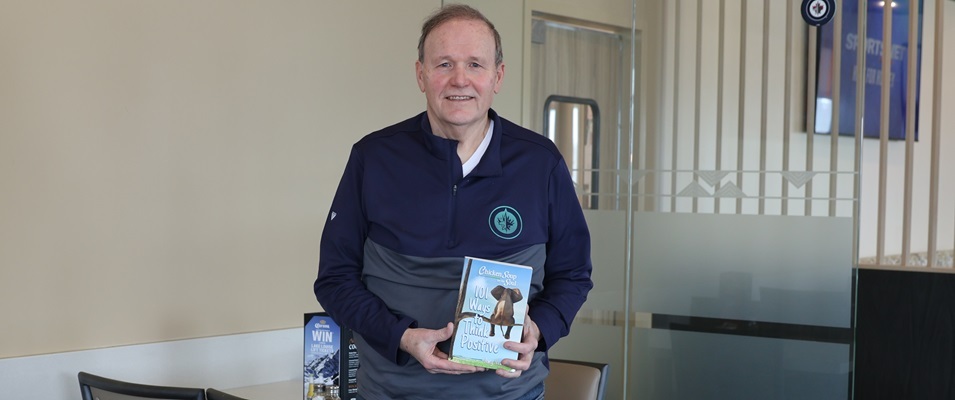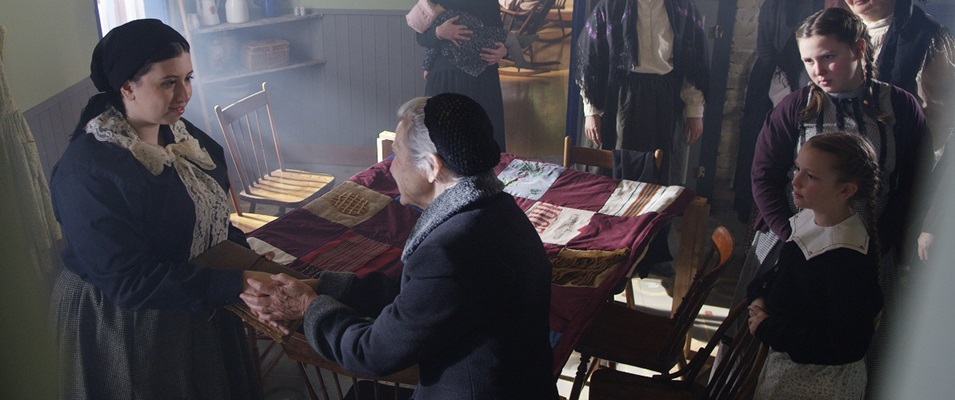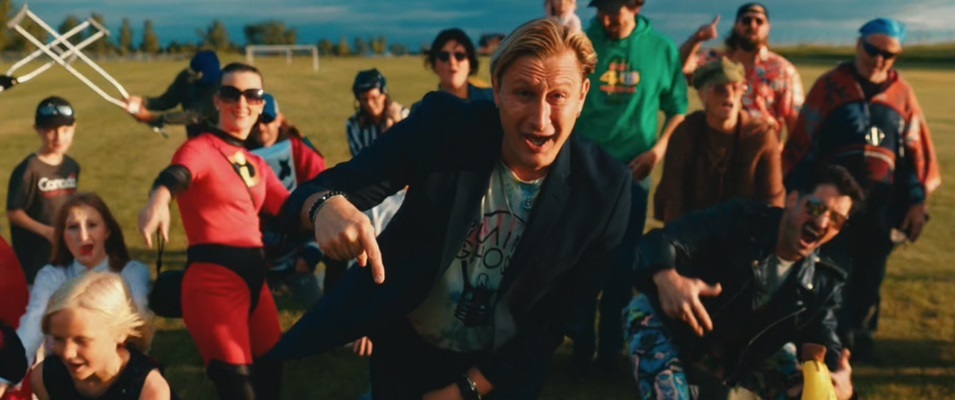
“I walked up to the front door and rang the bell. As I stood there, I felt apprehensive. What would he say or do? How would he react to my impromptu presence? Would he scowl, swear, even close the door in may face? It was the moment of truth. He opened the door and in his first glance I read apprehension. But then he must have spotted the pizza box in my hands, held out in front like a peace offering.”
Thus goes a story told by Niverville author Robert Stermscheg in his brief memoir, titled “The Power of Apology.” The piece is one of 101 such personalized stories published in this year’s edition of Chicken Soup for the Soul. The theme of the collection revolves around positive thinking.
The Chicken Soup series has been in continuous publication for 30 years, making it a household name. More than 500 million copies of these anthologies have been sold worldwide. Indeed, it’s the best-selling trade paperback series of all time.
According to Stermscheg, the criteria for getting your story published in a Chicken Soup anthology is first to ensure that it reflects a true-to-life event. Second, it must be told in the first person—specifically, from the author’s point of view.
Of course, another key to having your story published is to win the Chicken Soup lottery, so to speak.
“I’ve been very fortunate,” Stermscheg says. “They have a gamut of story topics to choose from, so there could be a couple of thousand [submissions].”
This is the third time Stermscheg has garnered a spot in a Chicken Soup book. But from a bigger picture perspective, it’s the third out of probably 15 submissions he’s made over the years.
His first successful submission came out in 2012 with the series’s Hooked on Hockey anthology. For this theme, Stermscheg drew from childhood memories and his love of the sport.
The next came in 2014 with The Power of Forgiveness. Stermscheg was inspired by an incident that occurred during his many years working as a police officer.
In preparing to submit a piece for the most recent edition, 101 Ways to Think Positive, Stermscheg says that it wasn’t difficult. He’s generally a positive thinker, influenced by his father, who had a perpetually positive outlook on life.
“My story is about a situation involving my brother,” Stermscheg says. “We had a party at our house and invited family, including my brother. What I wasn’t expecting is that he’d bring his dog.”
Stermscheg describes the dog as a young Irish setter with boundless energy. Pair that scenario with Stermscheg’s pristine new home and toddlers at play and Stermscheg imagined trouble.
In the beginning, the situation could be managed by taking the party outside, giving the dog an entire backyard in which to run amok.
But when the weather turned and the guests headed indoors, Stermscheg’s brother left in a huff, realizing that his dog wasn’t welcome inside.
Their brotherly love was eventually reinstated when Stermscheg showed up at his brother’s door unannounced, bearing hot pizza and an apology.
“In so many situations, people leave the anger to fester and grow, and nothing gets resolved,” he says. “The animosity just sits there, often over something small and insignificant. Making amends is the positive outlook. The negative way would be to ignore it.”
Stermscheg admits that it can be tricky to tell stories involving family members, so he forewarned his brother of his intent and received his approval prior to publishing.
Apart from short story writing, Stermscheg has also published several books. One is a memoir of his father’s life in a German prisoner of war camp. Published in 2009, it’s called POW #74324.
Afterward Stermscheg went on to write his first original novel, called Stealth, a work of historical fiction that takes place during World War II. Stermscheg also produced an audio version of that book.
But Stermscheg’s love of fiction stems all the way back to his childhood, meandering through a particularly powerful influence: author Karl May. Stermscheg was so moved by May’s writing that, years later, he took it upon himself to translate six of May’s novels into English from their original German.
Today, Stermscheg is happily invested in the life of his two-year old granddaughter, leaving less time for writing. That passion will return, though, because the call to write, for a writer, is always beckoning.

















